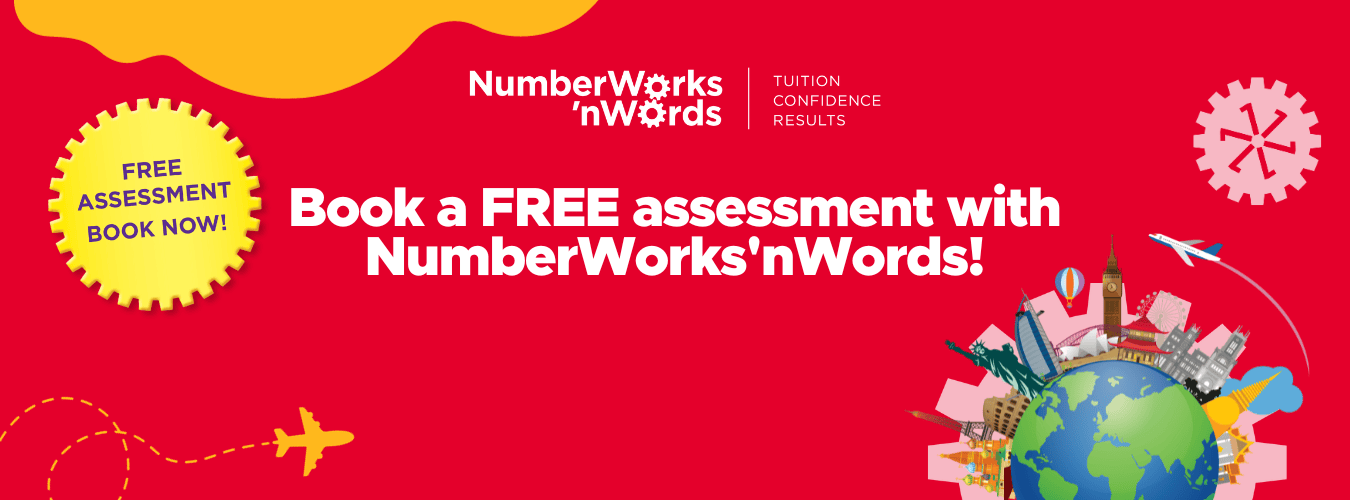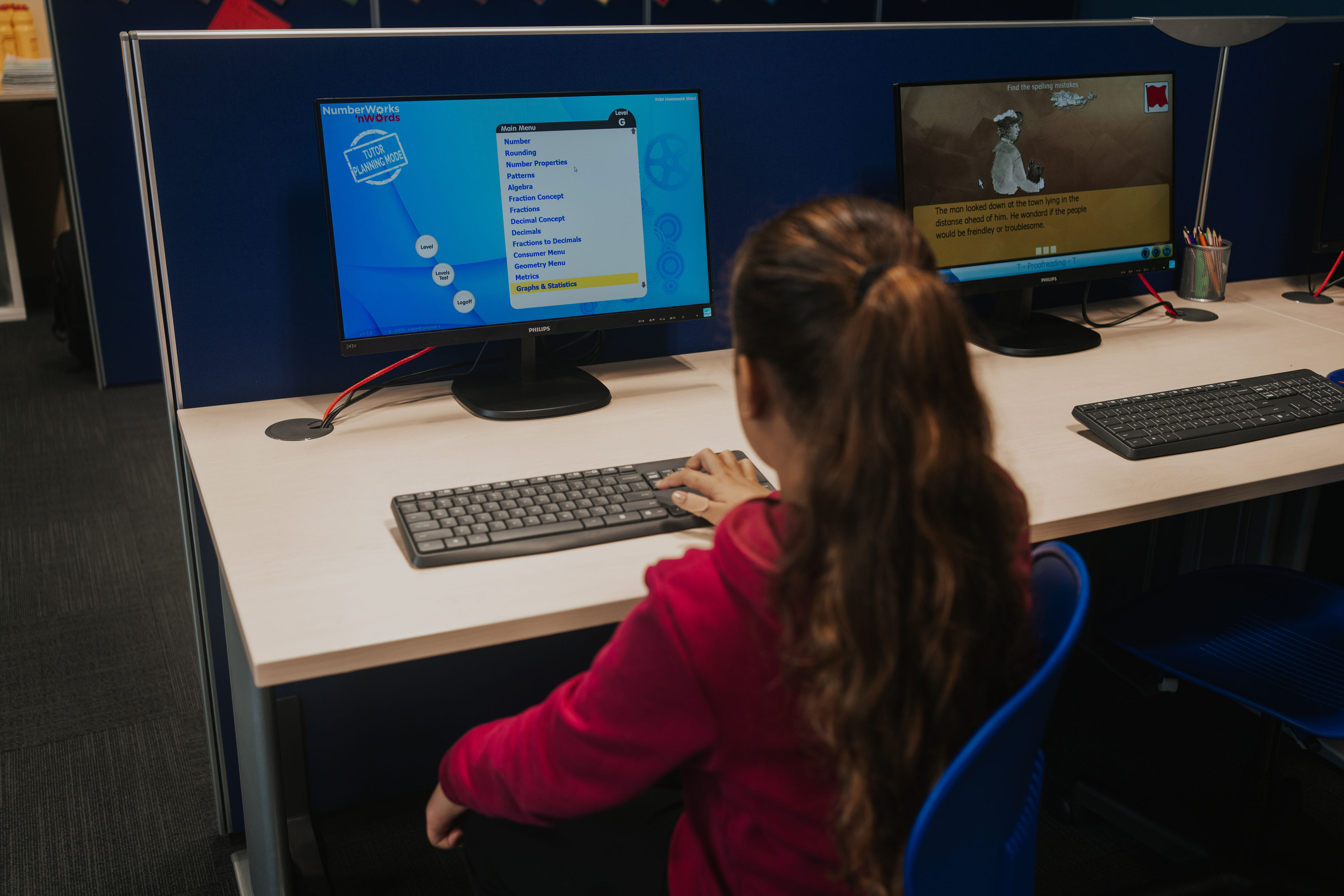Becoming a Global Citizen by Reading Books
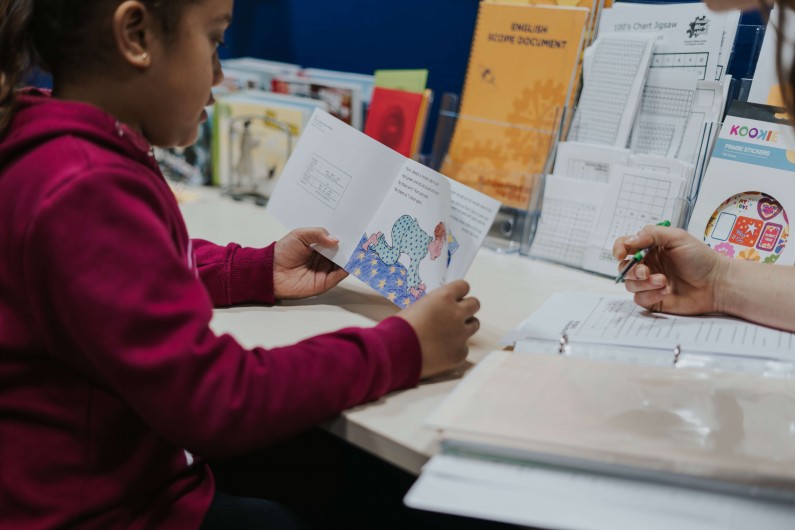
Books allow us to explore new worlds, sample diverse cultures, and gain an understanding of how other people live. We have all experienced the feeling of being transported to a faraway land while reading a book.
Reading non-fiction books helps us discover how other people live and the social issues they face. Learning about relationships and culture through stories from around the world contributes to developing a robust understanding of the diversity of experiences among people from different countries, religions, cultures, and races.
To become global citizens, we need to be engaging with literature from around the world. As our world becomes more connected and globalised through the rise of the Internet and digital communication, it’s easier than ever to learn about cultures and people from around the globe. This blog outlines the benefits of reading to become a global citizen.
By delving into the pages of literature, readers embark on a journey that transcends age and geographical boundaries, fostering empathy, cultural understanding and a broader worldview.
Reading for Children
Reading for kids is of paramount importance as it lays the foundation for a lifetime of learning, personal growth and success.
Beyond the obvious development of language skills, reading fosters cognitive development, sparking imagination and creativity. The habit of reading enhances concentration and discipline, crucial skills for academic achievement. Beyond the academic realm, reading builds empathy by allowing children to step into the shoes of characters from different backgrounds and circumstances. It instils a love for learning, making education a lifelong pursuit rather than a chore.
Additionally, shared reading experiences between parents and children create strong bonds, fostering a positive emotional connection with books. Ultimately, reading for kids is not just about decoding words and pictures on a page; it is a transformative journey that shapes a child with intellect, character, and a lifelong appreciation for the power of knowledge.
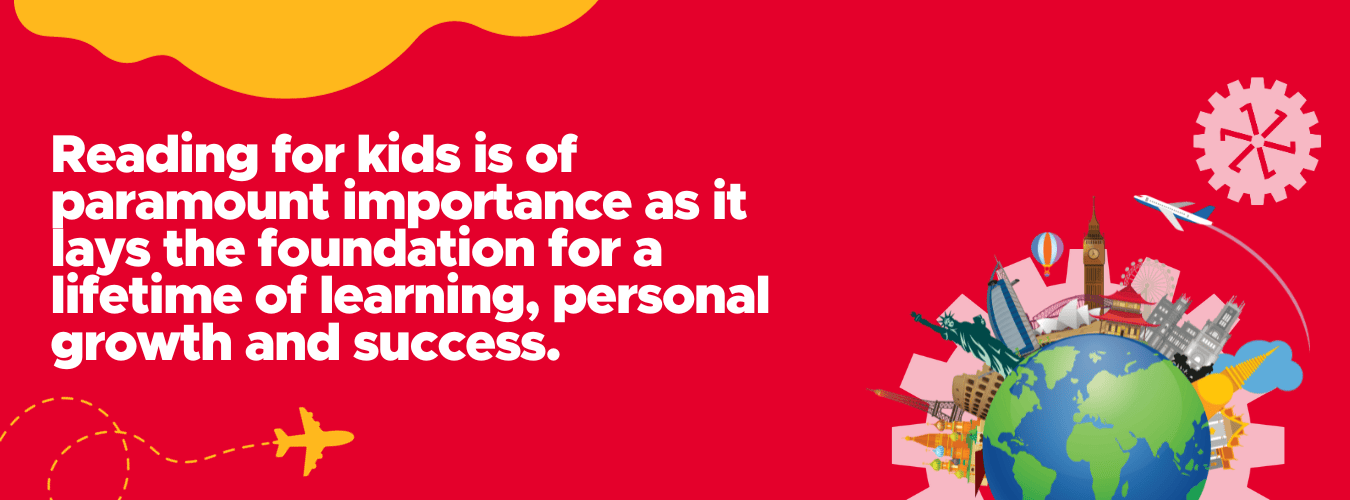
Becoming Global Citizens
A global citizen is an individual who transcends geographical and cultural boundaries, possessing a deep understanding of the interconnectedness of our world. It goes beyond mere awareness; it involves actively engaging with and empathising with the diverse experiences and challenges faced by people worldwide.
To become a global citizen, reading books becomes a transformative journey. Books serve as portals to different cultures, allowing readers to immerse themselves in the lives, struggles, and triumphs of individuals from various corners of the globe. Through literature, one gains insights into the complexities of different societies, fostering empathy, gratitude, and a broader perspective.
By delving into stories that span continents and traverse periods, readers develop a rich tapestry of knowledge that equips them to navigate and engage with the complexities of our interconnected world. In essence, becoming a global citizen through reading is a continuous process of learning, understanding and embracing the diversity that defines us as global citizens and communities.
Cultivating Empathy & Gratitude
One of the profound impacts of reading is its ability to cultivate empathy and gratitude, particularly in young minds. Exposure to stories that depict the challenges faced by individuals from diverse backgrounds instils a sense of appreciation for the privileges one may enjoy. For children, understanding that not every person can go to school or has access to the same educational resources becomes a powerful motivator.
By delving into narratives that span from opulent European palaces to the crowded slums of Mumbai, young readers develop empathy for those with different life experiences, fostering a sense of gratitude for their opportunities.
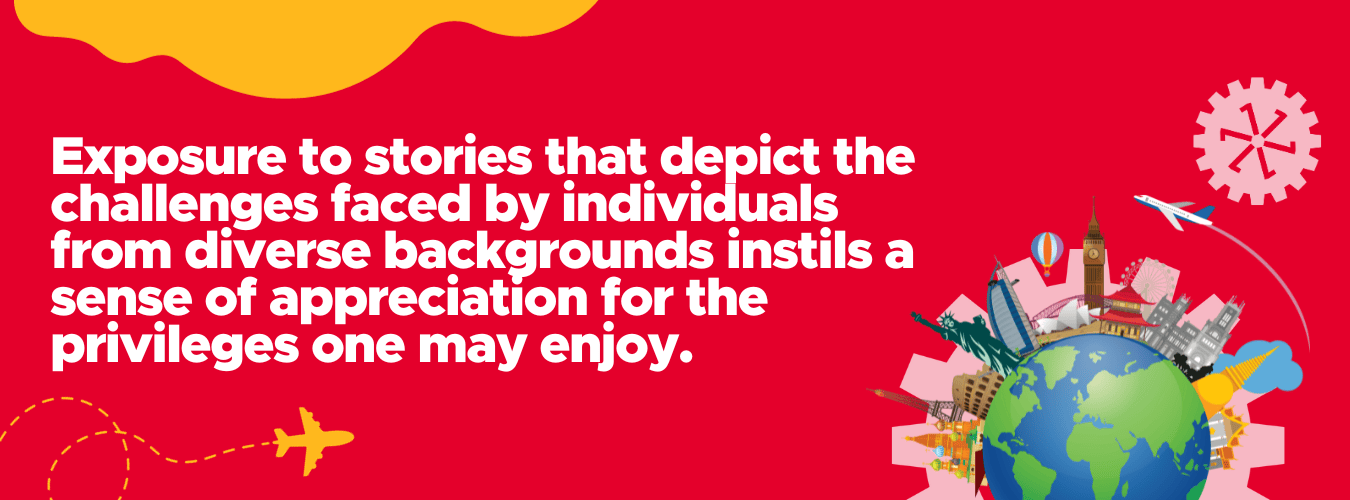
Gaining a Deeper Understanding of the World
Books act as passports to different lands, offering readers the chance to explore the world without leaving their homes. Encouraging children to read a variety of books—ranging from personal favourites to more challenging titles and educational materials—enables them to gain a profound understanding of the world's complexities.
Whether it's telling stories, delving into the intricacies of foreign cultures, telling stories, unravelling the mysteries of ancient civilizations, or exploring the nuances of the planet with diverse religions and customs, literature broadens children's perspectives and encourages curiosity about the global tapestry.
Expanding Vocabulary and Language Awareness
Beyond the cultural insights, reading books from various authors contributes to linguistic richness. Exposure to different writing styles introduces readers to a plethora of words, both old and new.
Books that incorporate snippets of words and sounds of different languages not only promote and enhance vocabulary but also foster an awareness of linguistic diversity. Over time, this linguistic exposure becomes an invaluable asset, improving not only spelling and vocabulary but also laying the foundation for language appreciation and proficiency.
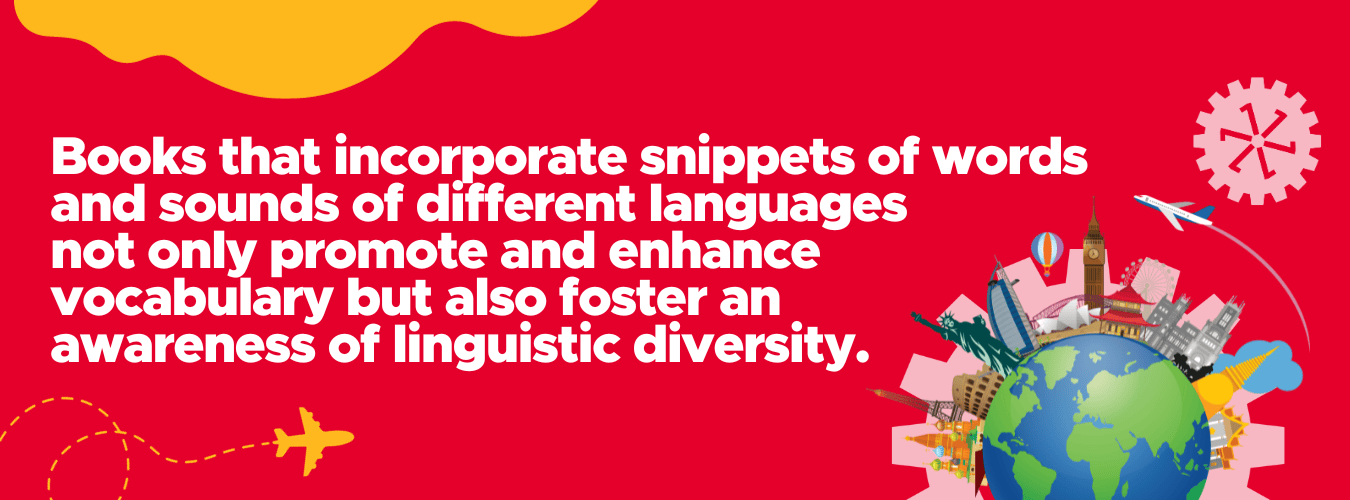
Enhancing Collaboration Skills
A global education, facilitated through reading, instils the understanding that diversity is an asset. By recognising and respecting differences individuals become equipped with a global perspective and approach collaborations with an open mind and empathy.
This understanding translates into improved problem-solving skills as individuals draw on diverse strengths to contribute and achieve collective goals. The collaborative skills honed through a global education extend beyond academic and research settings, proving invaluable in professional environments and everyday life.
Every time we read a book, article, or story by someone with a voice and a different perspective than ours, we open our minds a little more. Over our lifetimes, we learn about the world around us. We as parents are very lucky because what we learn we can teach our children.
The Transformative Power of Reading for Kids
The benefits of reading plays a pivotal role in honing essential social and emotional skills. Through the characters and situations encountered in books, children learn about kindness, resilience, and navigating complex emotions.
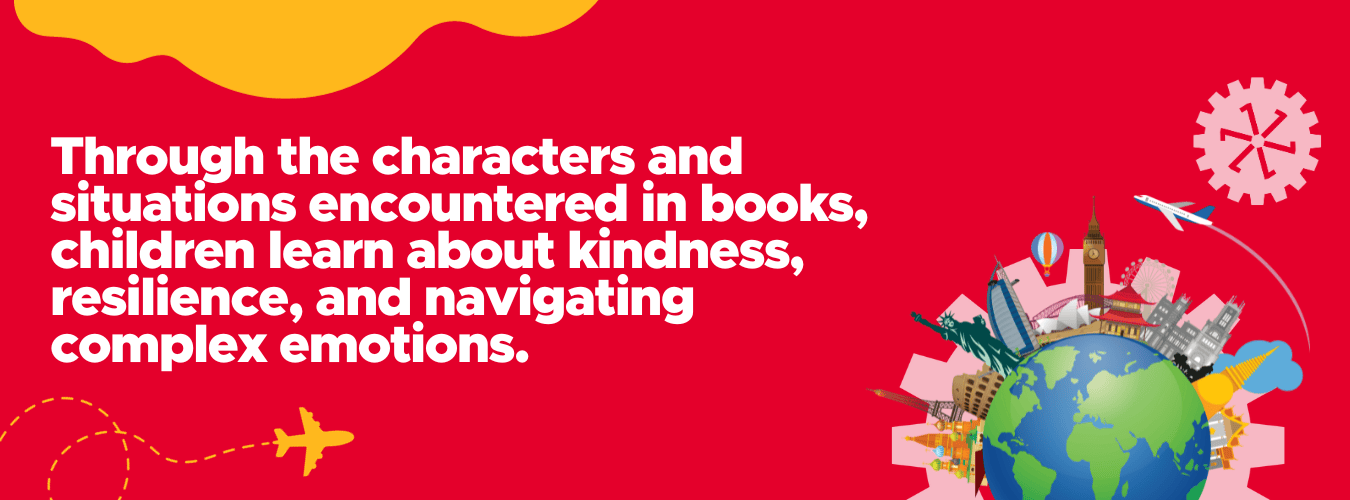
Stories become a safe space for children to explore and understand their feelings, helping them develop emotional intelligence. Reading introduces them to a diverse range of characters, fostering an appreciation for diversity and promoting inclusivity.
As kids engage with narratives that feature protagonists from various backgrounds, abilities, and experiences, they learn to embrace differences and cultivate a sense of understanding and acceptance.
Reading is a powerful tool not only for intellectual growth but also for nurturing compassionate, emotionally intelligent children, who are well-equipped to know how to navigate the complexities of the world around them.
At NumberWorks’nWords, literacy, language skills, development and knowledge are fundamental to our English tuition. We strive to help children develop a passion for reading while building confidence, and achieving their best academic results.
To learn more about how NumberWorks’nWords tuition may help your child, or why kids love learning in our tuition centres, get in touch with your local centre today.
